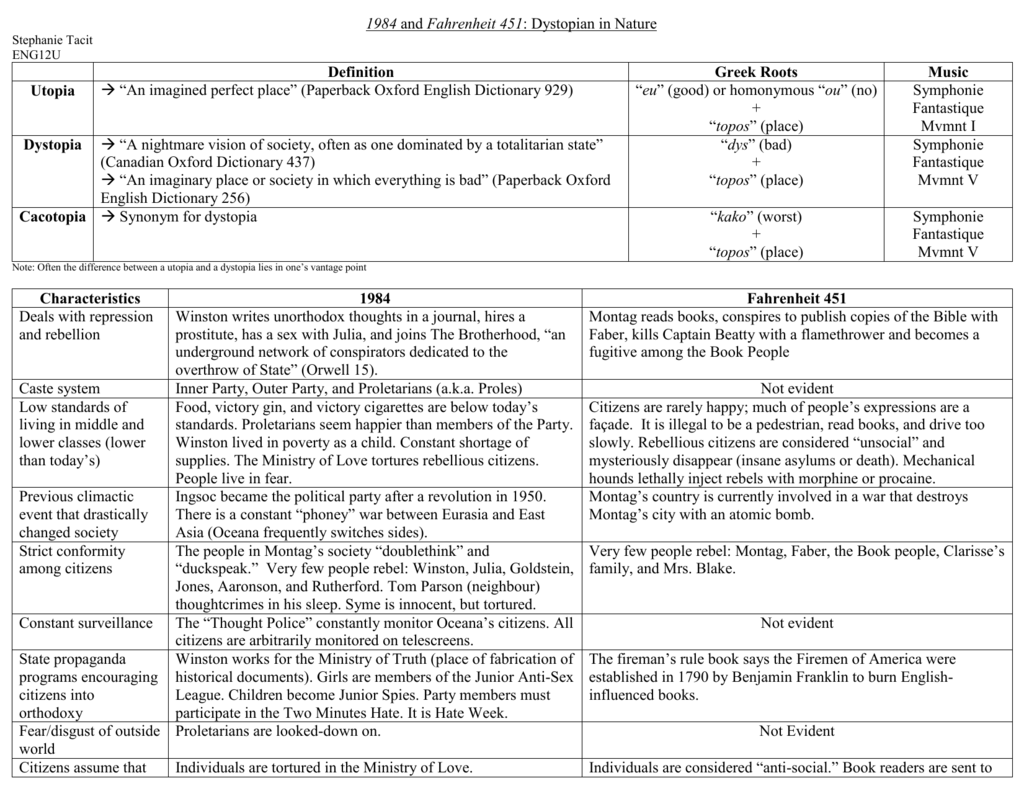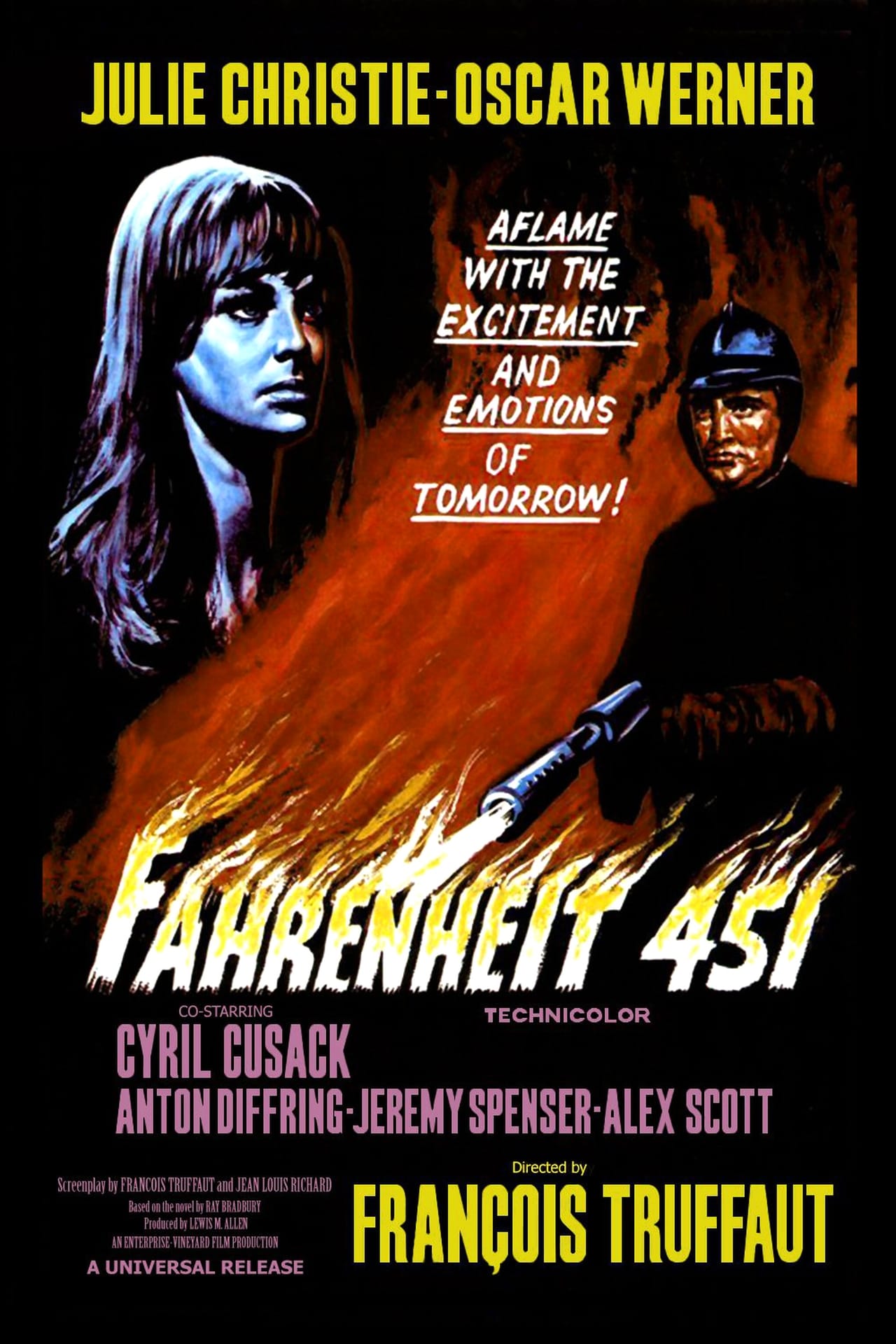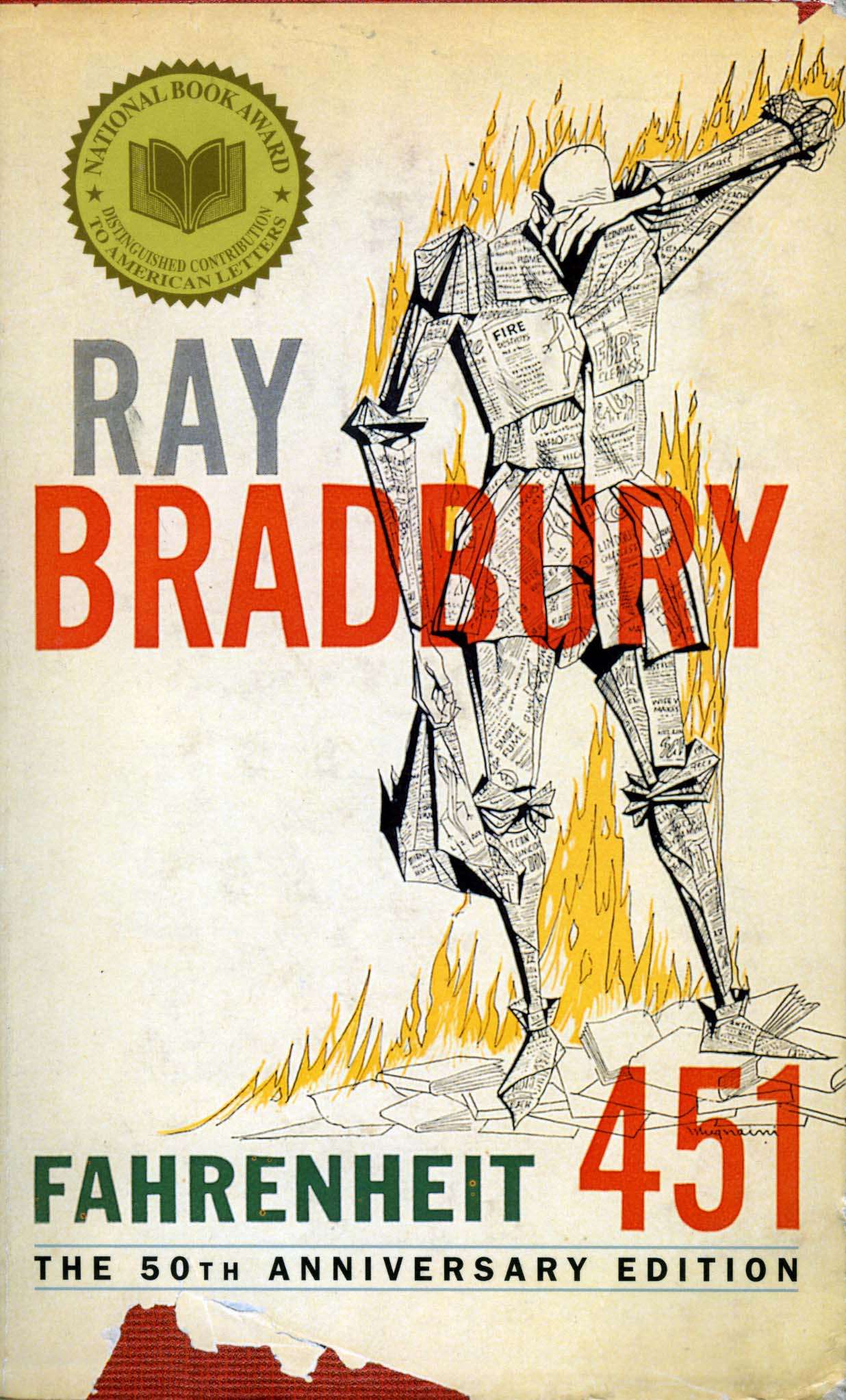

In Fahrenheit 451 when Guy has escaped and is walking with the homeless men in the forest, and they see bombers flying toward the city, he is hardly phased by the idea of his wife being killed. His life is in danger and he betrays Julia by telling O’Brien to kill her instead of himself. Provided evidence for this example would be when Winston is in room 101. Winston it turns out did not love Julia as much as he claimed to. The main comparison of this topic is not his first wife but is in fact Julia. Winston Smith, from 1984 firstly had split with his first wife and they never saw each other again.

After viewing only these specific points it is very clear that the idea of the main character rebelling against a higher party took place in both the novels.Īnother big comparison between the novels is that both main characters did not care about their wives as much as they thought they did. Both of the main characters pretend to be on the side of everyone else, but in the end are caught by the higher parties, going against the rules of each of their societies.

These two points are two prime examples of how the novels compare. We are aware he is against the fire fighters because he murders the fire fighter captain. We know Guy is against the law because he secretly steals books from the houses they work at. In Fahrenheit 451 Guy Montag the main character goes against the law of books being illegal, and the fire fighters who burn the books. Part of the novel, which provides us with evidence of Winston Going against the party, is when Julia and himself meet with O’Brien at his home, and he confesses to O’Brien about being against the party. In 1984 Winston Smith goes against the party in order to live freely, doing as he pleases. Both novels have many examples of comparison throughout the novel, although they are not identical, the examples found provide perfect evidence of similar ideas.įor starters both of these Novels follow the plot of a main character that rebels against a higher party for something he believes in. Similarities are shared between the main characters rebelling, their true feelings toward their lovers, and their interest in women of younger ages. Flynn ENG 4U 13 December 2012 Comparison of ‘1984’ and ‘Fahrenheit 451’ George Orwell’s ‘1984’, and Ray Bradbury’s ‘Fahrenheit 451’, display numerous examples of comparison throughout each novel.


 0 kommentar(er)
0 kommentar(er)
